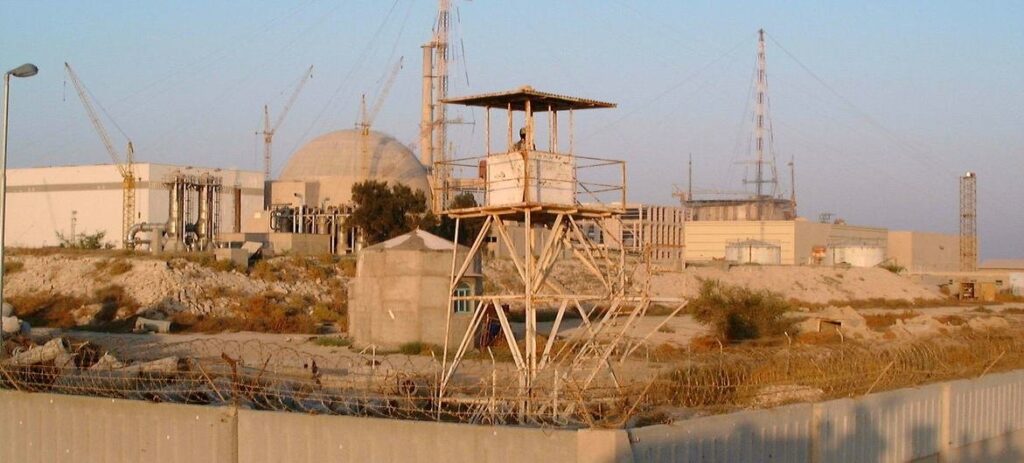Tackling the Board of Governors of the International Atomic Energy Agency (IAEA), Director General Rafael Grossi indicatedno progress has been made in resolving outstanding issues.
He said Iran is still not implementing the provisions of the nuclear safeguards agreement, and the revocation of the designations of several IAEA inspectors has yet to be reversed.
“These outstanding safety issues…need to be resolved so that (IAEA) can provide assurance that Iran’s nuclear program is exclusively peaceful,” Mr. Grossi emphasized.
He also expressed concerns about public statements made in Iran about the country’s technical capabilities to produce nuclear weapons and possible changes in nuclear doctrine, which only exacerbated concerns about the “accuracy and completeness” of the country’s security declarations enlarge.
The Ukrainian power stations
© IAEA
Nuclear safety, security and safeguards in Ukraine.
On Ukraine, the IAEA chief warned that the situation at the Zaporizhia nuclear power plant “remains precarious” and that all seven pillars of nuclear safety and security be “completely or partially compromised”.
These include physical integrity; functional safety and security systems and equipment; radiation monitoring and emergency response; safe and reliable external power supply; trained staff; an uninterrupted logistics supply chain; and open communication.
“The attacks and the frequent disconnection of power lines elsewhere due to military activities create a serious situation”, said Mr Grossi.
All six reactor units at the plant have been in cold shutdown since April, a safety measure long recommended by the IAEA. Despite this, the agency’s ability to ensure the safety and security of the plant remains at risk due to limited access, he added.
He further reported that Ukraine’s other four nuclear power plants continue to experience compromised spare parts supply chains and high levels of stress among staff.
North Korea’s nuclear program
Mr Grossi also expressed concern about the continued and further development of the nuclear program of the Democratic People’s Republic of Korea (DPRK).
The IAEA has observed intermittent releases of cooling water consistent with the operation of the Light Water Reactor (LWR) at Yongbyon, along with ongoing activities at the reported centrifuge enrichment facility.
The Punggye-ri nuclear test site remains occupied and ready to support another test.
“The continuation and further development of the DPRK’s nuclear program is one clear violation of the relevant UN Security Council resolutions and is deeply regrettable,” Mr Grossi said, urging the country to fully comply with its obligations and immediately cooperate with the IAEA.
© IAEA/Dean Calma
Rafael Mariano Grossi (right), Director General of the IAEA, delivers his opening statement at the 1717th meeting of the Board of Governors, held at the IAEA Headquarters in Vienna.
Japan’s Fukushima Daiichi factory
In Japan, the IAEA continues to monitor the discharge of Advanced Liquid Processing System-treated water from the Fukushima Daiichi nuclear power plant, which suffered a meltdown 13 years ago, he said.
Mr Grossi confirmed that the discharge is progressing in accordance with the safety plan approved by the Japan Nuclear Regulation Authority.
“Independent analyzes of the six batches released to date have confirmed that the tritium concentration in every batch of ALPS-treated water released to date is well below Japan’s operational limit.”
Nuclear technology for sustainable development
In his closing remarks, the head of the IAEA underlined the agency’s key role in promoting sustainable development.
“The IAEA is a critically important instrument for promoting sustainable development and international peace and security,” he said, urging Member States to continue their support for the agency’s vital work.

